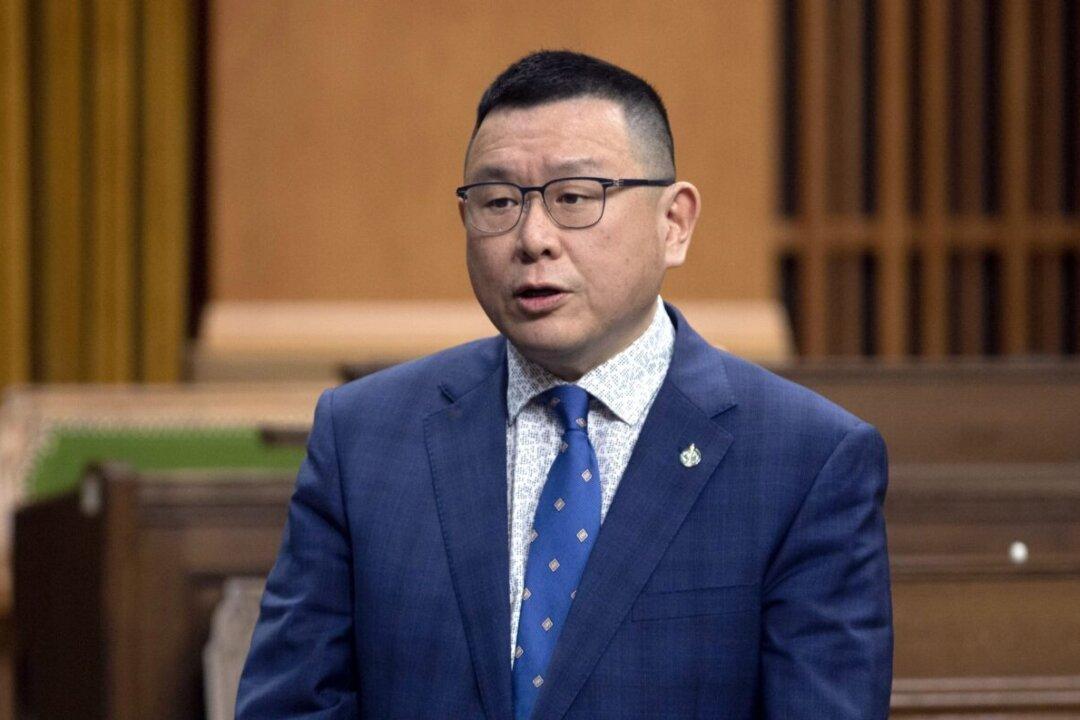The federal elections regulator says it looked into alleged Beijing interference in the 2021 election but found insufficient evidence to open a formal investigation.
The Office of the Commissioner of Canada Elections (OCCE) review focused on an alleged China-linked disinformation campaign in a British Columbia riding where former Conservative MP Kenny Chiu was defeated.





